|
Hello and welcome to the Stone News by Devicare, where we
discuss every 2 months the most recent and relevant studies in stone
disease.
Subscribe
now
|
|
|
|
|
|
Hello Stone fans!, welcome to this special edition of Stone News.
In this special edition of the Stone News, we have selected some highlights from the latest EAU 22. I would like to cede the honour of presenting the content of this edition to Dra. Leticia Ruibal; 2nd year Urology resident at the University Hospital of Pontevedra and winner of the last Lit-Control® Clinical Case Contest in Spain, who will explain us her experience during her first attendance to the EAU 22.
I hope you enjoy this special edition to keep you updated with the most recent and relevant hot topics on Kidney Stones Disease.
|
|
 |
Leticia Ruibal
|
|
|
I would like to thank Dr. Emiliani for giving me the opportunity to share my experience. It was a privilege for me to attend EAU 22 and I would like to thank everyone who made it possible, especially to Devicare for their sponsorship.
First of all, I would like to describe how I lived my first international congress as a Urology resident. When I arrived at the venue where the congress was taking place, my first impression was overwhelming due to the size and the number of conference rooms, as well as the magnitude of the Exhibition Hall, but I must emphasize that I had a great time there.
Regarding the most interesting lectures I had the pleasure to attend, I want to highlight the following ones:
|
|
|
 |
Abstract session 14: Stones - Decision-making, imaging and shock wave lithotripsy
Chair: Dr. Lazaros Tzeleves
|
 2'
2' |
|
We already know that the use of several drugs as MET; which target the ureter through different mechanisms, can reduce symptoms and ease stone expulsion. Alpha blockers and tadalafil in MET have a demonstrated role in favouring stone passage and reducing the need for minimally invasive surgery for distal ureteral stones.
With the study presented by the lecturers, they concluded that tadalafil or sildenafil showed significantly shorter stone expulsion time and higher ER compared with alpha-blockers for distal ureteral stones. Therefore, the results suggested the potential use of a combination of tadalafil or sildenafil with alpha-blockers for distal ureteral stones.
|
|
|
|
 |
Prediction of chemical composition of urinary stone through deep learning.
Dr. Ui Seok Kim
|
 2'
2' |
|
Urolithiasis is one of the most common diseases and it can be a serious medical problem for the working-age population. In highly developed countries, patients with urolithiasis prefer a treatment that can be quickly and promptly resolved.
In recent years, computer vision and Deep Learning have been used to detect many different diseases and lesions in the body automatically. In this study, the authors analysed a total of 1,332 stones obtained by endoscopic surgery and compared the differences between conventional stone analysis and a deep learning system for photographic images. With this Deep Learning method, they were able to predict stone components from raw images with high accuracy. In addition, they were able to classify the components of the stones with Deep Learning whether they were simple or complex components.
Therefore, they concluded that this system could be an alternative tool for conventional stone analysis and could help clinicians predict the components of urinary stones in order to improve subsequent stone treatment.
|
|
|
|
 |
Plenary Session - Nightmares in surgery of retroperitoneal disease.
Chairs: Dr. Alberto Breda and Mr. Tim O’brien
|
 2'
2' |
|
In this plenary session the speakers presented several clinical cases on different interesting clinical situations. But what I want to highlight of this conference is not about these clinical cases, it is about a topic that goes beyond urology.
They discussed for a long time an important point that we must consider in our day-to-day practise. This point is the importance of putting the patient first when thinking about the techniques and the follow-up we do (patient centricity) to ensure their quality of life. This is interesting because the main actor in the operating room is and must always be the patient, and all the decisions we take must be guided by scientific evidence. Moreover, it is interesting to remember that we should never disregard the patient's opinion and preferences.
Urology is one of the specialties that has evolved the most in recent decades, especially in terms of surgical techniques due to the great technological innovations provided by industry. And because of this, it can sometimes give the impression that the patient is relegated to a secondary role.
|
|
|
|
Finally, I would like to emphasize that it was an honor to attend EAU 22 and to have the opportunity to attend such high-level conferences where I learned from all the speakers and colleagues. It is a great motivation to continue with my professional training.
|
|




|
Aviso Legal |
Política de
privacidada
Este mail ha sido enviado a {{ contact.email
}} por Devicare Lit Control.
Si quiere darse de baja de
las comunicaciones de la Stone News puede enviarnos un correo
electrónico a
dop@devicare.com
o pinchar aquí.
Av. Can Domènech s/n | Eureka Building UAB Research Park | 08193
Cerdanyola del Vallès,
Barcelona | España
Copyright (c)
2021 Devicare Lit-Control.
|

|
|
|
|